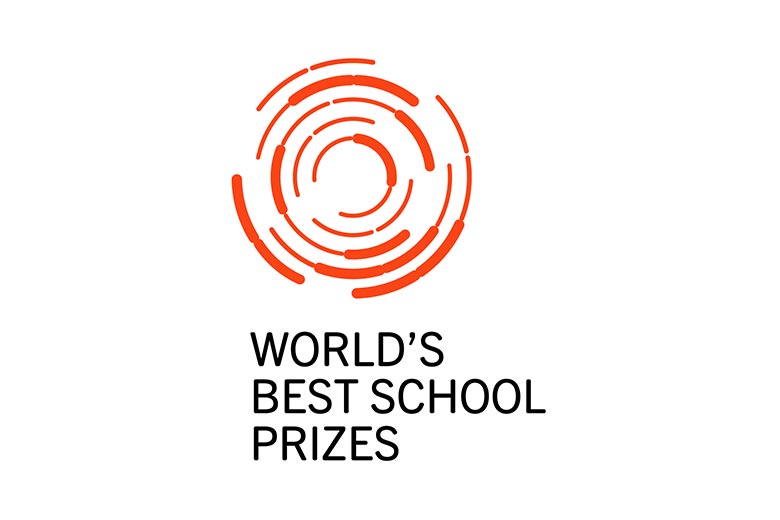UAE businessman and social entrepreneur Badr Jafar has urged trailblazing schools from the UAE and across the globe to apply for the inaugural World’s Best School Prizes, launched by T4 Education in partnership with Accenture. Badr Jafar has joined leading figures from around the world on the Judging Academy of the new $250,000 Prizes, which will celebrate schools everywhere for the pivotal role they play in developing the next generation of learners and for their enormous contribution to society’s progress especially in the wake of Covid.
The World’s Best School Prizes have been launched this year to create a powerful new platform to tell the stories of schools that are transforming the lives of their students and making a real difference to their communities.
With over 1.5 billion learners impacted by school and university closures, global education is emerging from the greatest crisis it has ever faced. Even before the pandemic, the UN found progress was already too slow to achieve its Sustainable Development Goal 4 of quality education for all by 2030. The World’s Best School Prizes provide a grassroots solution to help build the systemic change needed. They will enable inspirational schools from every corner of the globe to share their best practices, help others replicate their innovative ideas, and democratise school-based expertise to improve education.
Badr Jafar has joined leading figures from around the world on the Judging Academy of the new $250,000 Prizes
Badr Jafar explained: “Schools are uniquely placed to create the learning experiences that will prepare future generations to thrive in an ever-evolving socio-economic landscape. These Prizes provide a great platform to showcase schools globally that continue to strive to bridge the gap between today’s curricula and the future needs of humanity and our habitat.
“I urge schools from the UAE and all over the world to come forward and apply for the World’s Best School Prizes.”
Vikas Pota, Founder of T4 Education and the World’s Best School Prizes, said: “As the world seeks to rebuild from the devastation of the Covid pandemic, we must always remember the vital role our schools will play. Strong schools will not only equip the next generation to fulfil their full potential but empower them to tackle the greatest challenges our societies face, from inequality to environmental destruction and rapid technological change.
“We have launched the World’s Best School Prizes to bring to light the stories of schools that are building stronger societies, and give them a voice at the top table to help transform education so that every child can achieve the quality education that should be their right by birth.”
There are five Prizes schools can apply for:
- The World’s Best School Prize for Community Collaboration
- The World’s Best School Prize for Environmental Action
- The World’s Best School Prize for Innovation
- The World’s Best School Prize for Overcoming Adversity
- The World’s Best School Prize for Supporting Healthy Lives
A Top 10 shortlist for each Prize will be announced later this year, followed by the Top 3 finalists for each Prize. After a public advisory vote, the winner of each Prize will be chosen based on rigorous criteria by a Judging Academy comprising distinguished leaders all across the globe, including academics, educators, NGOs, social entrepreneurs, government, civil society, and the private sector.
All 50 shortlisted schools across the five Prizes will share their best practices
The winner will be announced in October 2022 at World Education Week. A prize of $250,000 will be equally shared among the winners of the five Prizes, with each receiving an award of $50,000.
All 50 shortlisted schools across the five Prizes will share their best practices through toolkits that showcase their ‘secret sauce’ to innovative approaches and step-by-step instructions on how others can replicate their methods to help improve education everywhere.
The Prizes are open to all schools that teach students in compulsory schooling and are legally registered with their respective Ministry of Education or government regulatory authority, including early childhood centres, kindergarten, primary and secondary schools, and online schools.
















